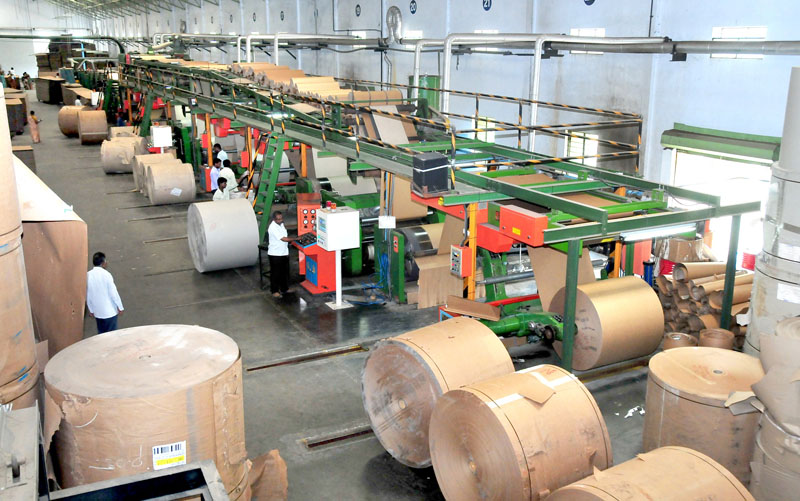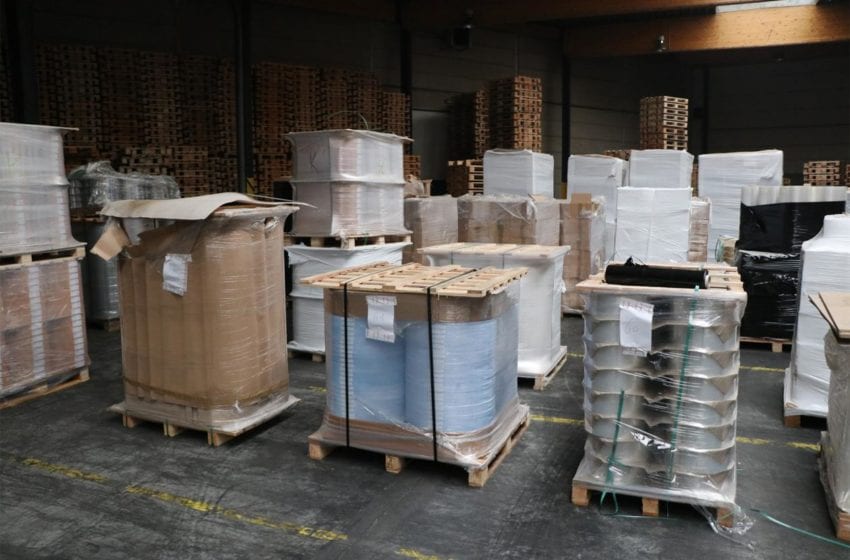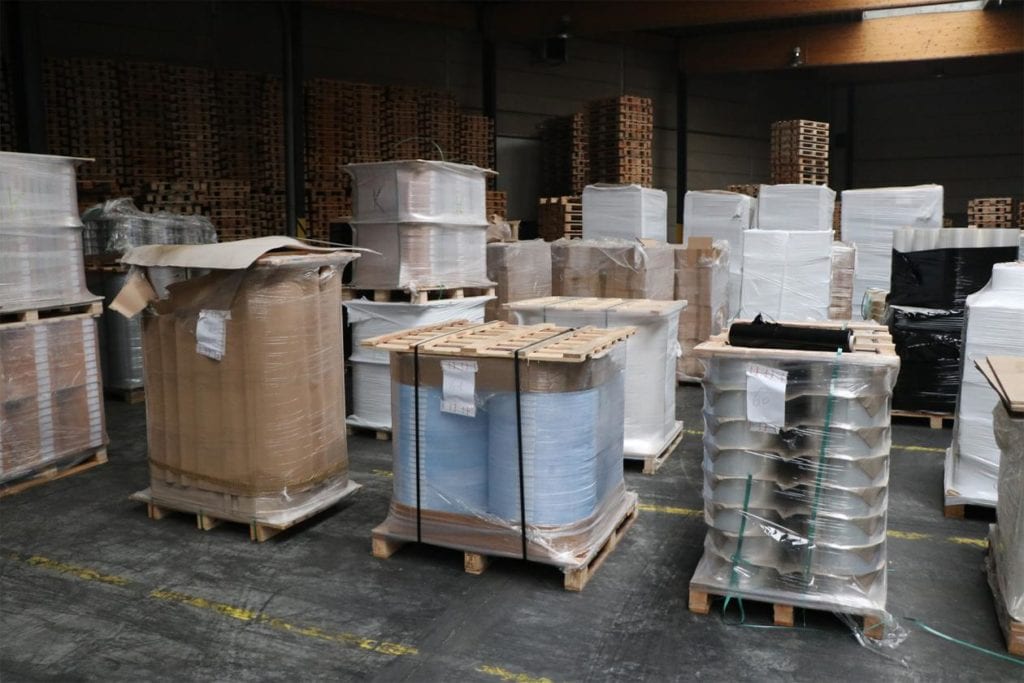Authorities seized 14 million cigarettes and 186 tons of cut tobacco during raids carried out in Belgium and the Netherlands this month, reports Europol. Seven workers were arrested at the illegal factory in the Netherlands. With a production area of 6,000 square meters, the illegal factory in Belgium is one of the largest dismantled to date.
This sweep followed an investigation led by Belgian customs with the support of the Polish Police Central Bureau of Investigation, the Dutch Fiscal Information and Investigation and Europol.
The confiscated cigarettes were likely destined for the U.K., which levies high rates of taxation on tobacco products.
These seizures follow those of a separate operation in Spain. On Jan. 4, the Spanish National Police and Spanish Tax Agency targeted a tobacco smuggling network operating in Cordoba and Seville. This operation was also carried with the support with the Polish Central Bureau of Investigation, the Polish National Revenue Agency and Europol.
The Spanish operation resulted in the arrest of 12 individuals, including Spanish, Ukrainian and Belarussian nationals, and the seizure of 910,000 cigarettes, 4.2 tons of filters and 10.3 tons of cut tobacco, along with various pieces of machinery and vehicles. The total value of the seized goods exceeds €1 million.
Europol’s Analysis Project Smoke within the European Economic and Financial Crime Centre supported both these investigations. This team is dedicated to investigating the unlawful manufacturing and smuggling of excise goods.
Analysis Project Smoke facilitated the international cooperation between the involved countries by providing a secure platform of communication, running cross-checks against Europol’s databases and providing analytical and operational expertise to tailor the respective investigation strategies.
Belgium customs seized 409.9 million illicit cigarettes in 2020, up 108 percent from 2019. In addition, customs seized 49 tons of hookah tobacco (up from 4.1 tons in 2019) and 73 tons of other tobacco products.
In total for the year, five illegal cigarette factories were dismantled in Belgium, along with four illegal shisha tobacco factories, one tobacco cutting site, two cigarette packaging sites and six storage sites. In all, 32 people directly connected to illicit tobacco product trade on Belgian soil were arrested.
This illicit traffic in Belgium is “a problem that concerns the entire European Union,” according to Florence Angelici, spokeswoman of the FPS Finance.




















